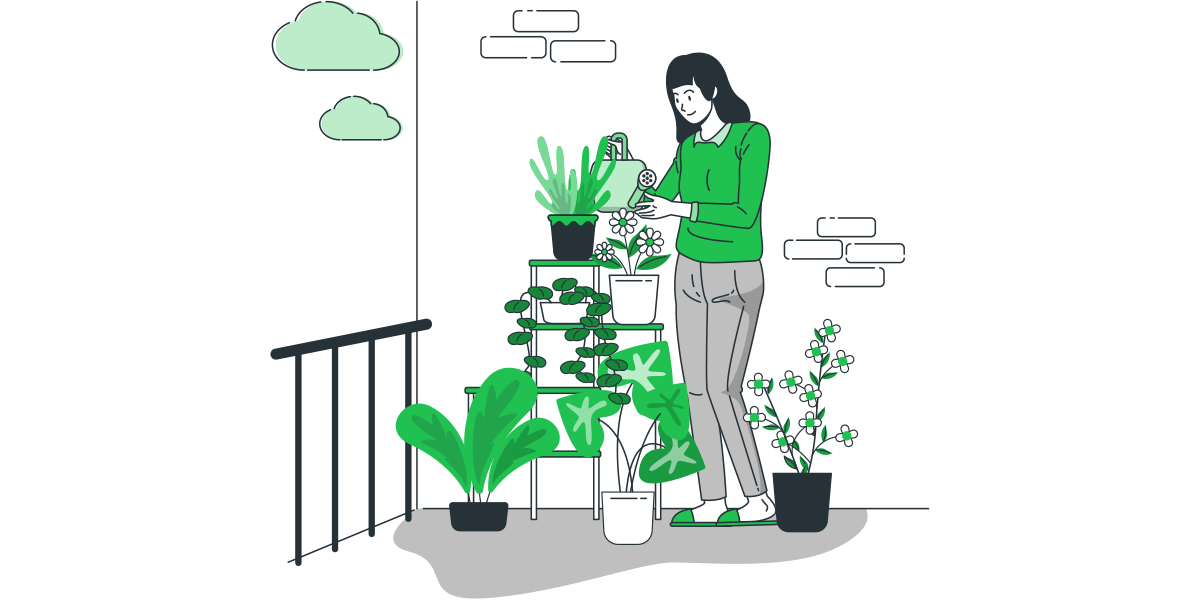Herbs have been an integral part of Ayurvedic medicine for centuries. These natural remedies have been used to treat a wide range of health conditions and promote overall well-being. In this blog post, we will explore the use of herbs in Ayurveda and how they can be used to improve your health.
One of the key principles of Ayurveda is that all health issues stem from imbalances in the body’s natural energy, or doshas. Herbs are used to restore balance to these doshas and promote overall health and well-being. Ayurvedic herbs are classified into six categories: Rasa (taste), Virya (potency), Vipaka (post-digestive effect), Prabhava (special effects), Doshic effect (dosha effect) and Srotogamitva (tissue affinities).
Some of the most commonly used Ayurvedic herbs include turmeric, ginger, neem, ashwagandha, licorice, and guduchi. Turmeric, for example, is known for its anti-inflammatory properties and can be used to treat a wide range of conditions, including osteoarthritis, rheumatoid arthritis, and other inflammatory conditions. Ginger is known for its ability to aid digestion and can be used to treat stomach discomfort, nausea, and other digestive issues.
Neem is known for its anti-bacterial, anti-fungal, and anti-inflammatory properties and can be used to treat a wide range of skin conditions, including eczema and psoriasis. Ashwagandha is known for its ability to reduce stress and anxiety, and can be used to treat a wide range of mental health conditions. Licorice is known for its ability to soothe the throat and can be used to treat sore throats and other respiratory issues.
Guduchi is known for its ability to boost the immune system and can be used to treat a wide range of infections, including fever and colds.
When using herbs in Ayurveda, it’s important to use them under the guidance of a qualified Ayurvedic practitioner. The practitioner will help you determine which herbs are best for your individual needs and how to use them safely and effectively. They will also give you the right dosage and combination for the best result.

Herbs and their preparation methods
Herbs can be consumed in various forms such as powders, decoctions, pastes, and oils. The method of preparation can greatly affect the potency and effectiveness of the herb. For example, certain herbs may be more effective when consumed as a powder, while others may be more effective when consumed as an oil. A qualified Ayurvedic practitioner can help determine the best preparation method for each individual herb.

Herbs and Dosage
The appropriate dosage will vary depending on the individual, the condition being treated, and the specific herb being used. It’s important to follow the dosage recommendations of a qualified Ayurvedic practitioner to ensure that the herbs are being used safely and effectively.
Herbs and Interactions
It is important to be aware that some herbs may interact with other medications or have other side effects. A qualified Ayurvedic practitioner can help determine if there are any potential interactions or side effects associated with the herbs that are being used.

Herbs and Quality
The quality of the herbs is also very important in Ayurveda. It is recommended to use herbs that are organic, fresh, and grown in an unpolluted environment. The use of low-quality herbs can reduce effectiveness and can be harmful.
Herbs and Personalization
Ayurveda is personalized medicine, and the herbs that are used will depend on the individual’s specific needs. A qualified Ayurvedic practitioner will take into consideration an individual’s health history, current symptoms, and overall constitution before recommending herbs.
Herbs and Lifestyle
Ayurveda also emphasizes the importance of an individual’s lifestyle in their overall health and well-being. In addition to using herbs, an Ayurvedic practitioner may also recommend changes in diet, exercise, and daily routine to enhance the effects of the herbs and promote overall balance in the body.
Herbs and Sustainability
Herbs collection also needs to be sustainable, as overuse of certain herbs can lead to their depletion in the wild. Ayurvedic practitioners should be aware of this and make sure that the herbs they use are sustainably sourced and collected.

